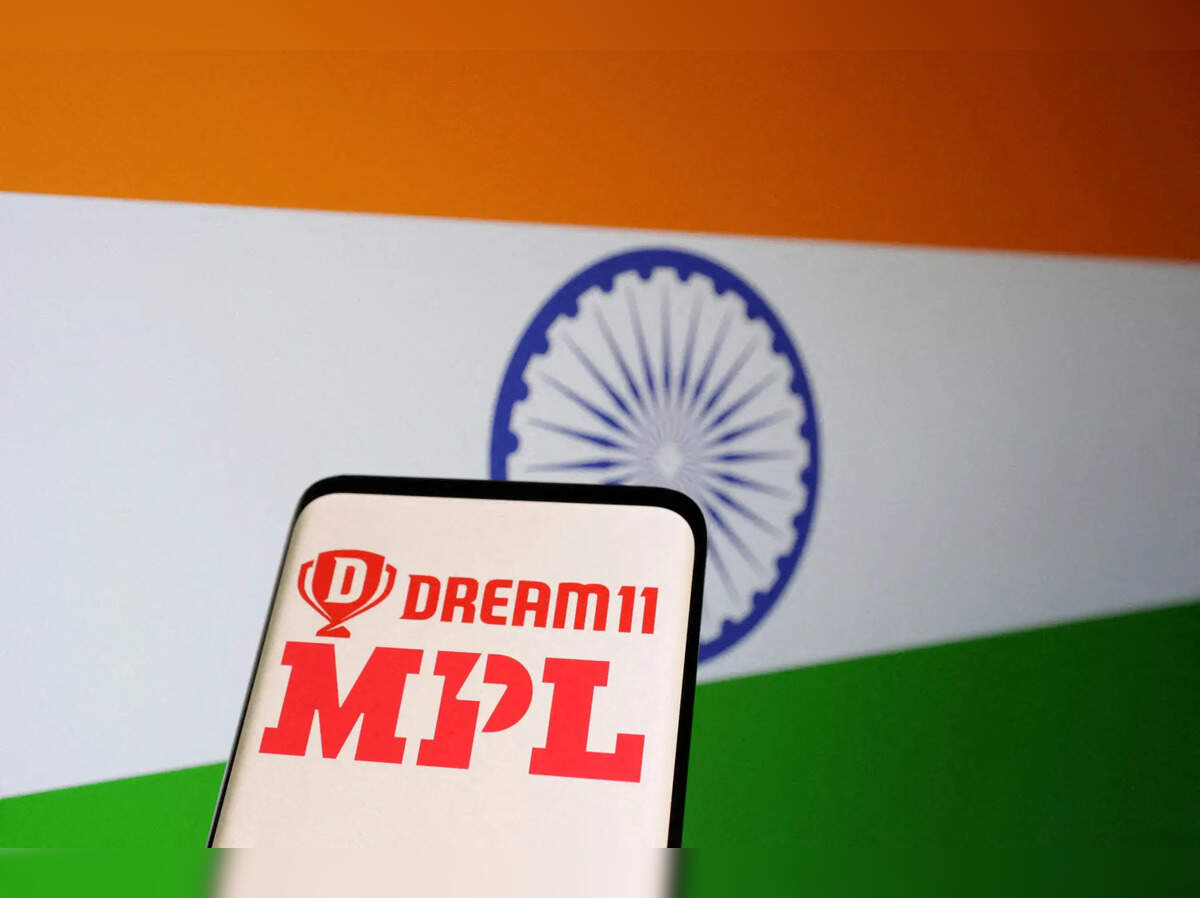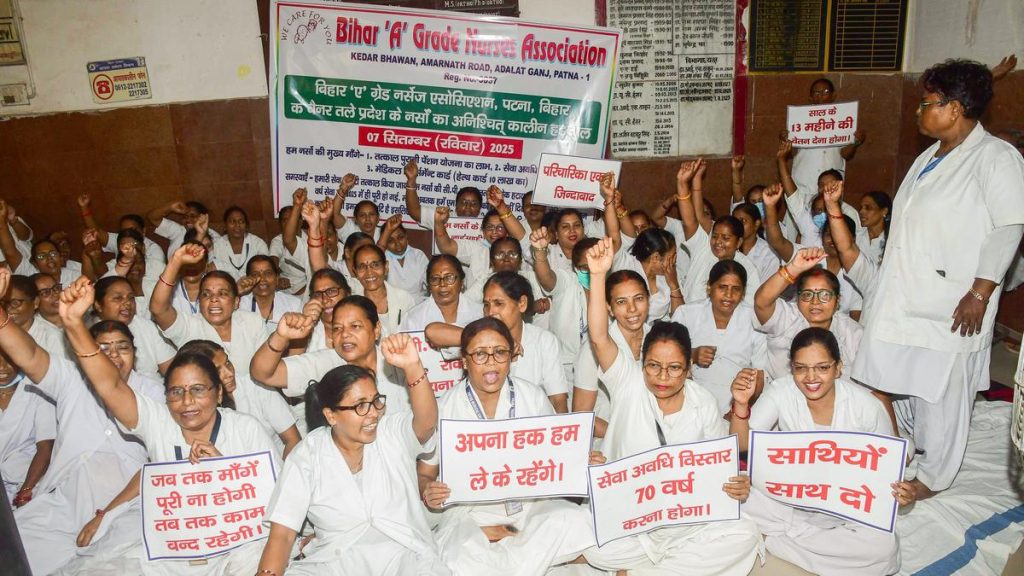Now Reading: MPL to Cut 60% of India Workforce Following Real-Money Gaming Ban
-
01
MPL to Cut 60% of India Workforce Following Real-Money Gaming Ban
MPL to Cut 60% of India Workforce Following Real-Money Gaming Ban

Fast Summary
- Prime Minister Narendra Modi’s government banned online paid games this month, citing financial and addiction risks, particularly among youth.
- Mobile Premier League (MPL) will lay off around 60% of its India workforce (approx. 300 people), following the ban on real-money gaming apps.
- Affected divisions include marketing, finance, operations, engineering, and legal; MPL’s India operations contributed 50% of its revenue last year (~$100 million).
- The ban has hit an industry previously valued at $3.6 billion by 2029 and backed by venture capital firms like Tiger Global and Peak XV Partners.
- Popular platforms like Dream11 have halted their fantasy cricket offerings; other apps offering paid poker or rummy games have also stopped operations.
- MPL plans to focus on free-to-play games and expand in international markets such as the US while ceasing India revenues for the foreseeable future.
- Rival app A23 challenged the government’s decision legally last week, but both MPL and Dream11 opted not to file lawsuits against the move.
indian Opinion Analysis
The government’s decision to ban paid online gaming reflects concerns over economic exploitation linked with addictive behaviors in vulnerable demographics such as India’s youth. While largely defensive regarding societal risks from gambling-like activities disguised as “skill-based,” this policy shift affects thousands directly employed within these companies-illustrated starkly by important layoffs at MPL.
The broader implications coudl reshape India’s tech startup ecosystem that previously thrived under innovative gaming models supported by global venture capitalists. However, legal clarity defining “skill vs gambling” remains elusive despite years-long contentious debates between policymakers and industry stakeholders. Over time Indian incumbents looking toward safer global pivots-as shown here stress navigating law shifts dampen domestic revenue sustainability predictably enough-like setback visible evidenced spillover already thriving multimillion localized economy



























